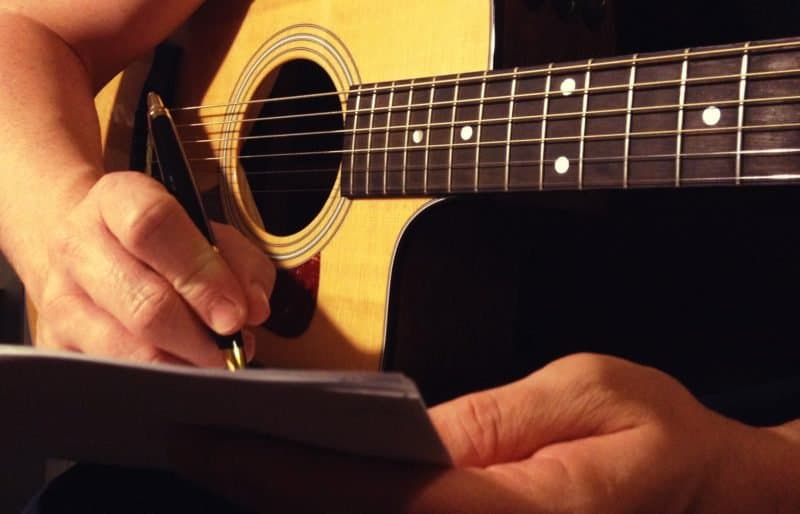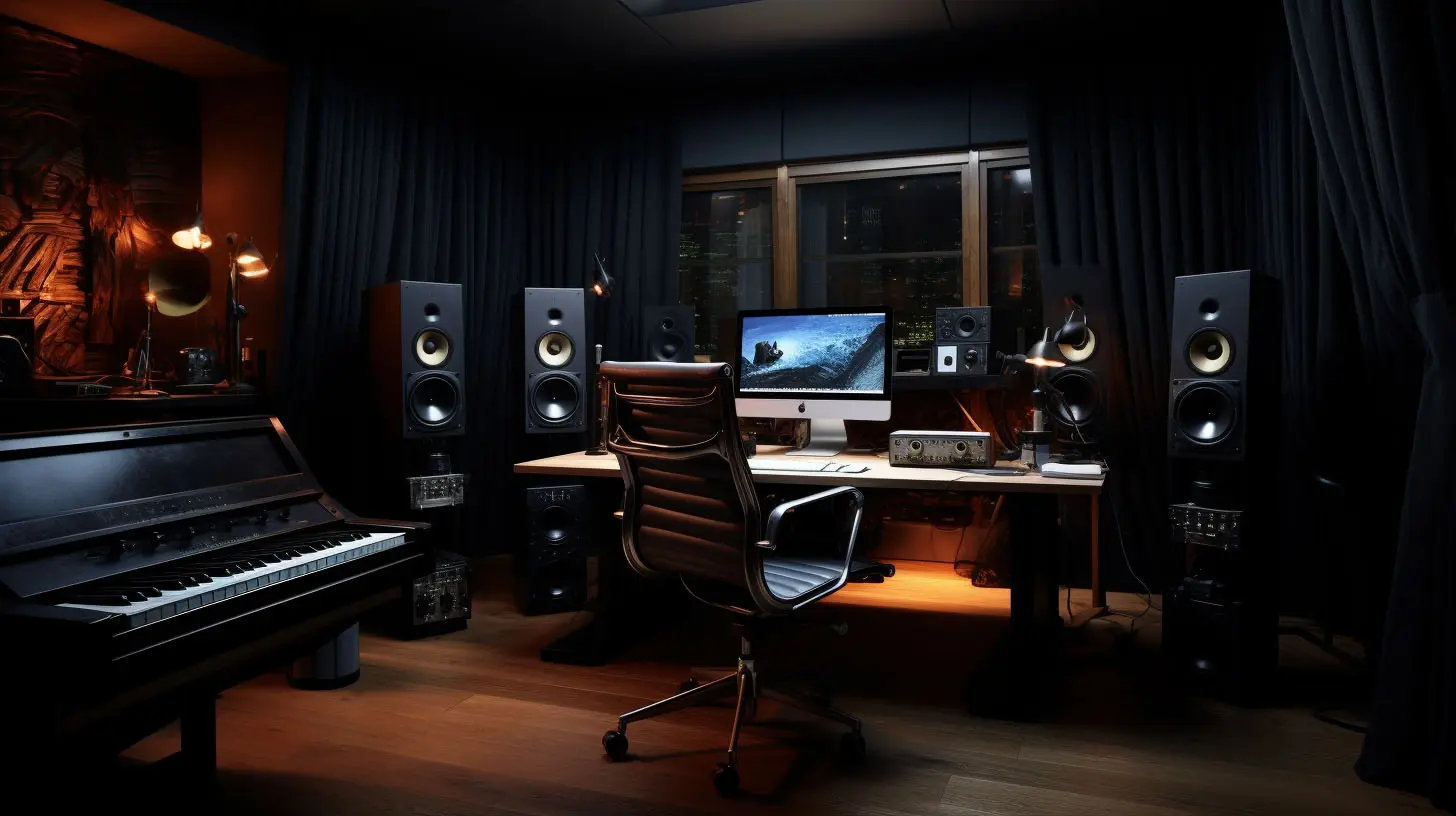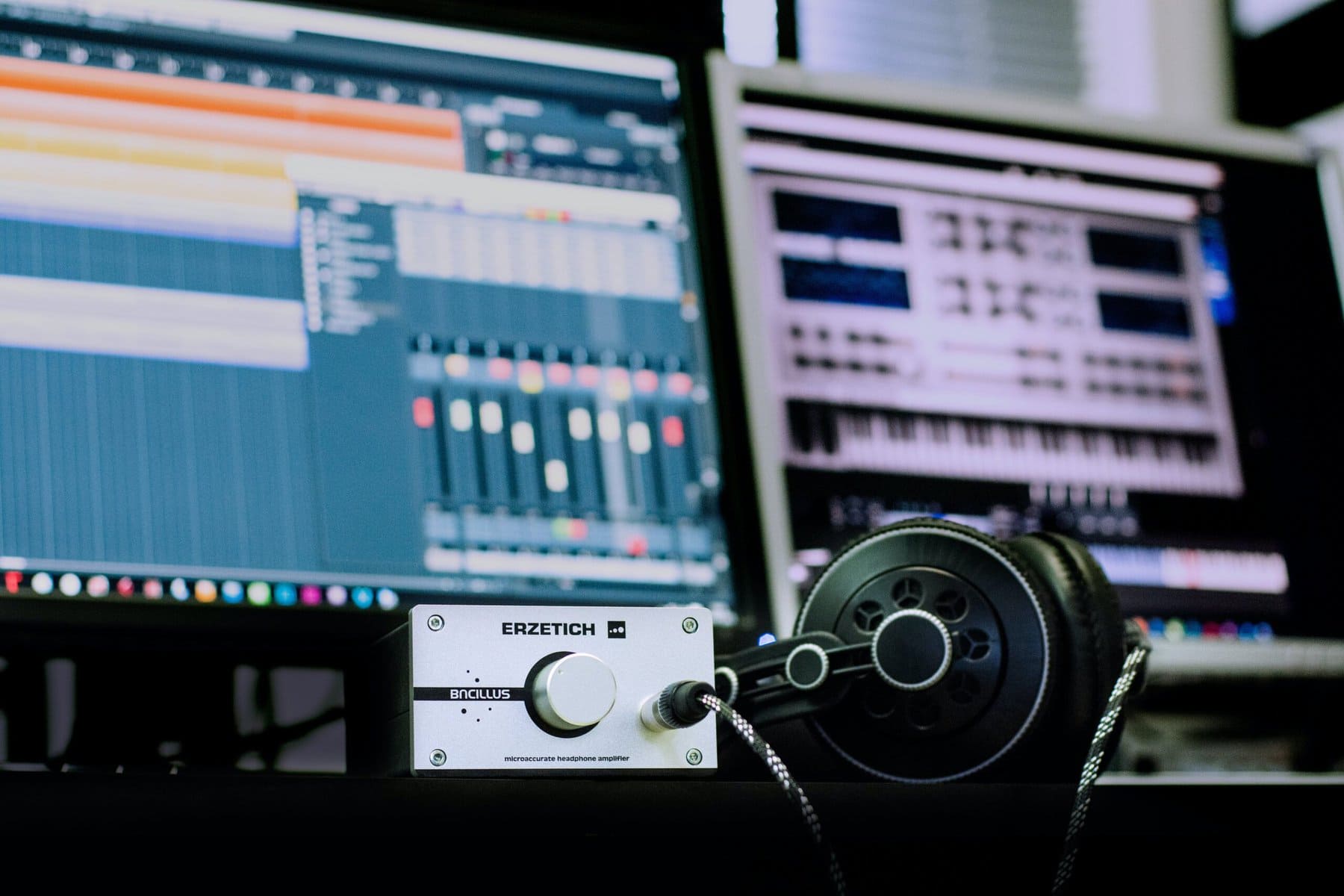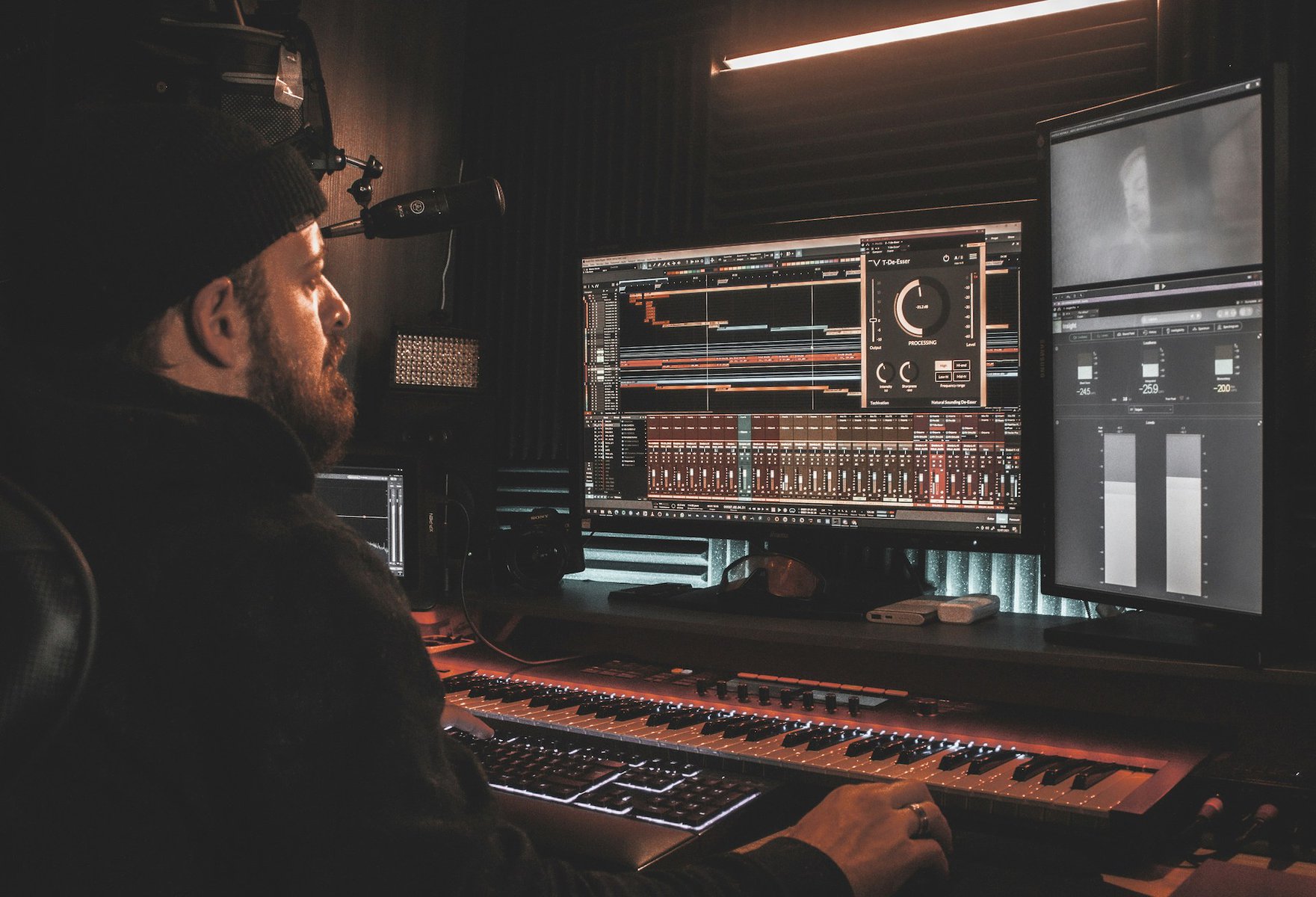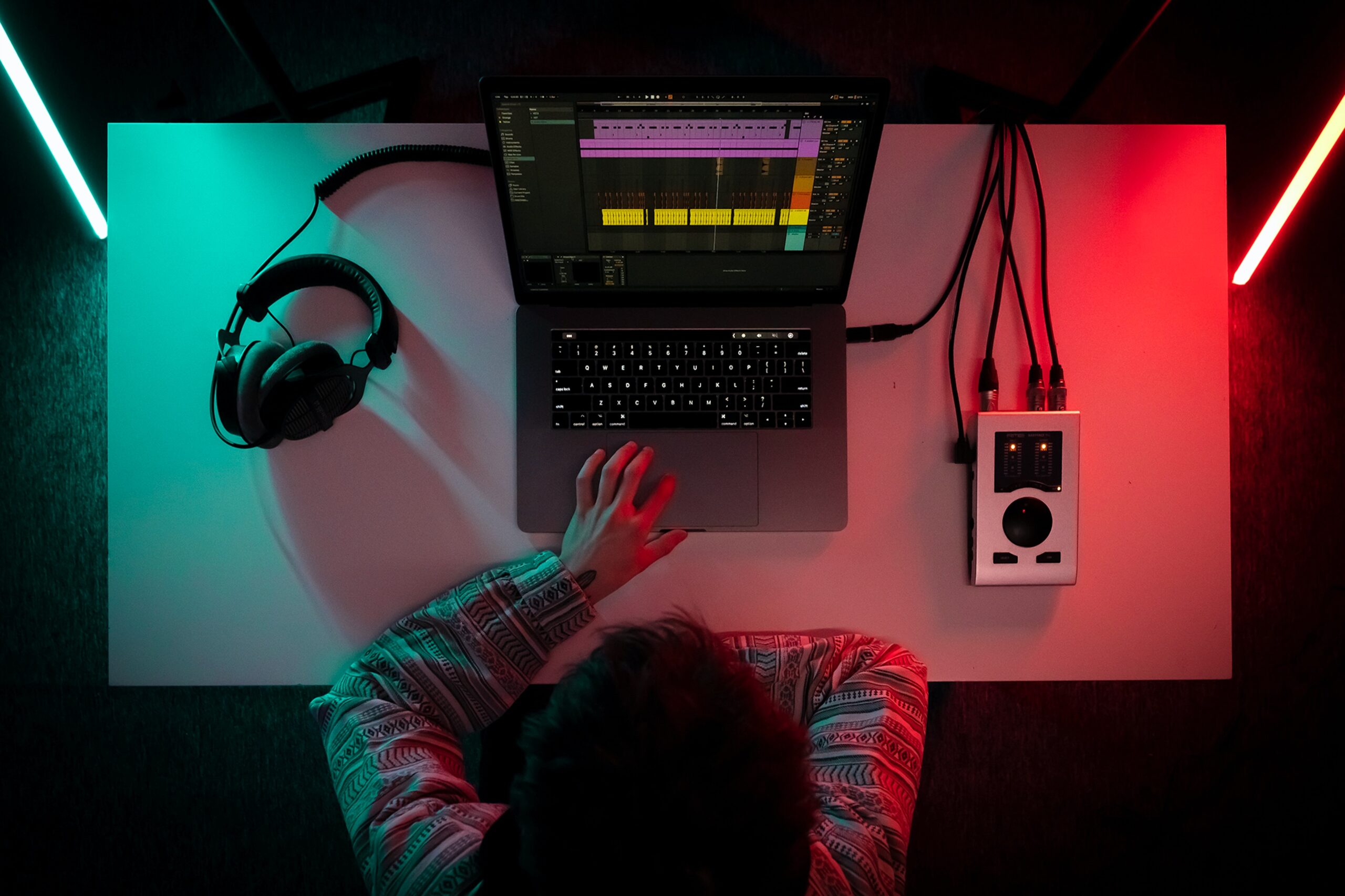One of the many ways songwriters can make money is with a publishing deal.
But lots of songwriters aren’t sure what these deals are.
Today, you’ll learn what a publishing deal is and the key strategies to getting one.
What Is a Songwriting Publishing Deal?

Publishing deals can be confusing, so let’s talk about what they actually are. People often call these staff writer positions, but that’s not totally accurate.
With a publishing deal, you don’t actually become a staff member or employee.
Typically, songwriters on a publishing deal
- Are not forced to work with the publisher they’re signed to
- Are not paid a salary
- Are not eligible for employee benefits
In reality, it’s simply an exclusive songwriting contract. So the songwriter gives the publishing company exclusive rights to publish their songs.
In most of these contracts, there are two elements you should know about:
- Quotas: The staff songwriter must write and deliver to the publisher a specific number of songs. Or a certain number of their songs must be released by a major-label artist.
- Length of agreement: Most of these deals last no longer than a year, especially if the songwriter is fairly new.
Many times, any song written during a songwriter’s contract can only be published by the publisher. That is, unless the publisher doesn’t want the song.
For these reasons, you should consider—long and hard—whether you want one of these deals.
How Songwriters Make Money with a Publishing Deal

So if staff songwriters aren’t paid a salary, how do they make money?
There are two main ways these songwriters make money. Through advances (upfront) and royalties (long-term).
Advances are sort of the substitute for salaries. An advance is a lump-sum of money paid to the songwriter upfront.
Let’s say (if and when) the songwriter’s songs are released. Then the publishing company keeps the royalties the song earns till the advance is paid back.
What about when they’ve recouped their advance?
Additional royalties would be split between the publishing company and the songwriter. (Percentage splits vary by contract.)
For new songwriters, the advances are small. Sometimes not even enough to pay basic living expenses.
But the hit songwriters can get paid a lot.
So you can get paid as a staff writer if you can deliver songs the publisher can make money off of.
How Songwriters Can Get a Publishing Deal
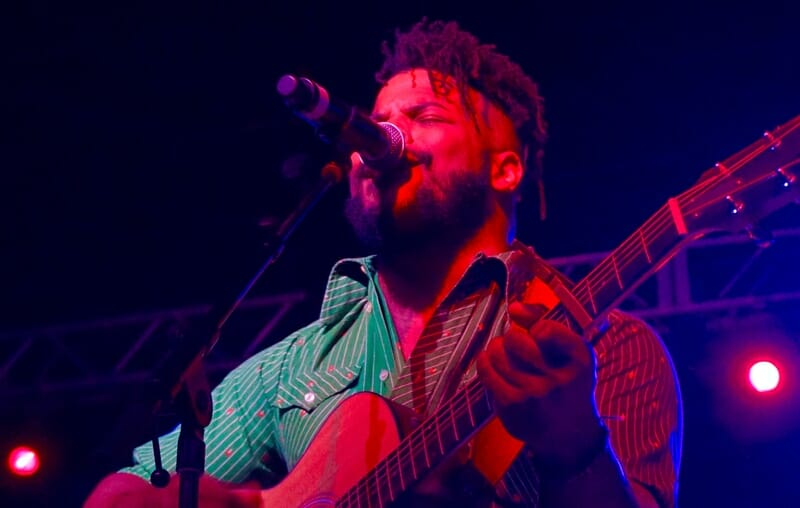
Now, let’s go through how to actually get a publishing deal.
What’s the best way to get in touch with publishing companies? Move to one of the hottest songwriting scenes, like Los Angeles, Nashville, New York, or London.
But not everyone can just move to a new city. A good alternative is to google “songwriter publishing companies [YOUR CITY].”
Either way, you can use the below tips to pitch your songwriting skills to these companies.
Tip #1: Get to Know Music Publishers

Once you find a publisher that could be a good fit, it’s time to get to know them.
Before you contact a publisher, do your research.
Do they have songwriters that have similar writing styles? What can you offer that they don’t already have?
For example, let’s say you’re a female songwriter. You see the publisher has only one female writer and four male writers.
That’s good for you. They’ll want a balanced roster.
Once you find publishers that could be a perfect fit, try to meet the publishing company employees in person (if possible).
If they have a writer’s night or some other event, go. Try to meet the publisher. Buy them a drink. Get to know them.
Publishers are more likely to work with people they know than those who cold-contact.
Tip #2: Co-Write with a Signed Songwriter
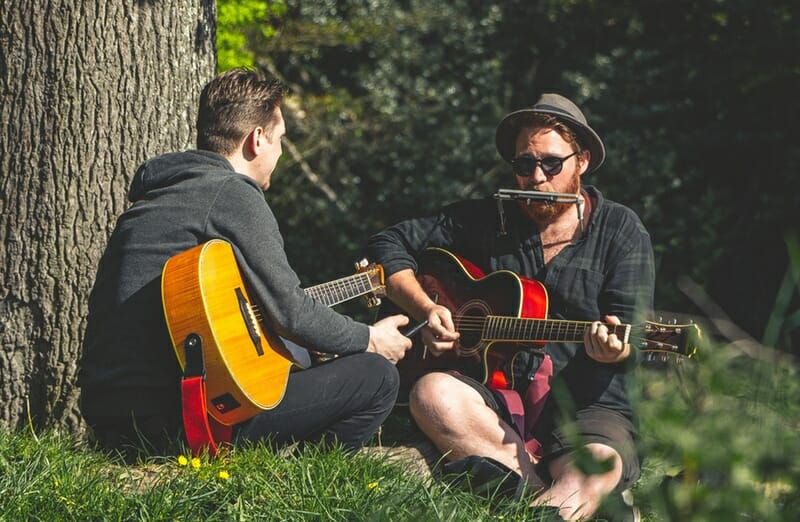
A very effective “in” into the publishing world is to write with a signed songwriter. Obviously, you can’t just ask a songwriter you have no relationship with.
It all starts with genuine relationships. Whether you meet them in person at networking events or through a Facebook group.
But here’s the basic thinking behind this method…
If you write a song with a signed artist and it’s a great song, the signed songwriter will send it to their publisher. (They may even be required to.)
And the publisher might say, “Who’s this no-name songwriter? They’re good. We want to talk to them.”
Tip #3: Be More Than a Songwriter
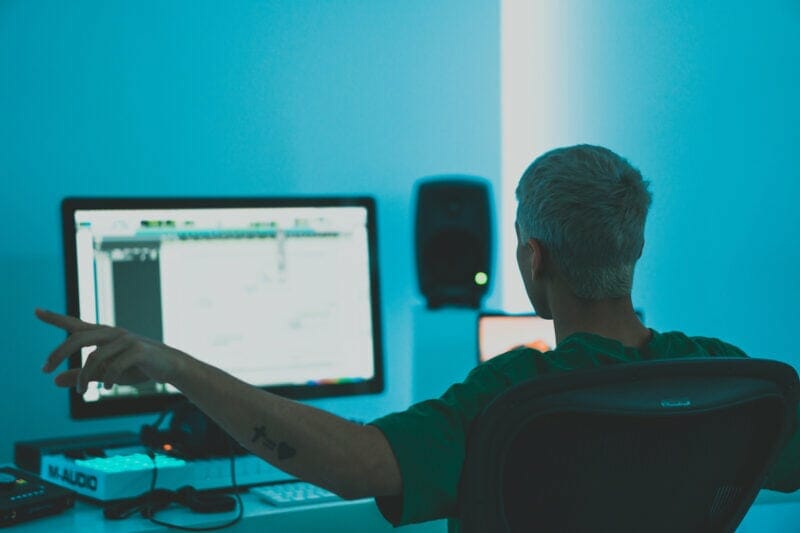
Today more than ever, you need to be a multiskilled musician. And the more you can do as a songwriter, the better chance you have of landing a publishing deal.
If you can record high-quality demos, that’s important. Being able to convey the emotion of your song in a recording can help show the publisher the song’s potential.
That also can save the publisher money because they won’t have to pay to record a demo. And they need a demo to send to recording artists.
Tip #4: Release Songs Independently
It can support your case if you have a batch of songs you’ve already released. You’ll be able to easily show the publisher what you can do and how good your songs can sound.
And if you grow your fan base, it shows the publisher that people like and stream your music.
Tip #5: Put Together a Solid Pitch
Once you’re ready to make your official pitch to the publisher, there are certain things you must do.
Your pitch needs to include the following:
- Pro-quality demos
- Professional headshots
- A well-written cover letter
- Links to your website where they can easily listen to your music
- Videos of your live performances
- Your biggest songwriting accomplishments
One thing you must not do is name-drop. Publishers don’t like that.
They want to know what you have done and what results you can deliver.
Tip # 6: Write Every Day

Finally—and most importantly—you need to write every day.
You have to be a good songwriter to land a publishing deal. And the only way to get better at songwriting is practice.
And make sure you finish what you start. You’ll never improve if all your songs are incomplete!
Set deadlines and schedule breaks. Then finish the song.
Even if you only have fifteen minutes, write with intention. Since professional songwriters have quotas, they need to write quickly.
Starting today, write songs as if you were already signed.
You’ll learn much more from writing a complete but flawed song than endlessly toiling on a perfect one.
Conclusion
If you definitely want a publishing deal, follow these tips.
There’s no guarantee they’ll work. But they’re crucial if you want to have any chance.
How do I know? Because these methods are from successful songwriters in the music industry.
So thank you to these people for providing useful input:
- Marty Dodson is a songwriter. His songs have been recorded by Carrie Underwood, Kenny Chesney, George Strait, Plain White T’s, and many others.
- Jason Blume is a songwriter whose songs are on Grammy-nominated albums. And he’s the author of 6 Steps to Songwriting Success.
- Michael Gallant is a songwriter and jazz musician. He’s gotten a four-star review from DownBeat magazine and a five-star review from Critical Jazz.



